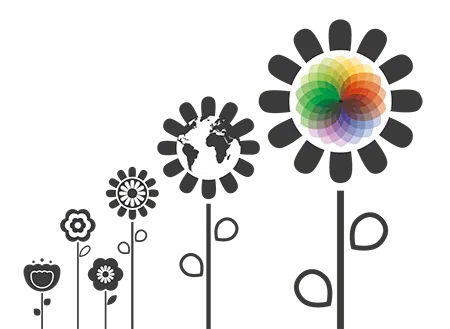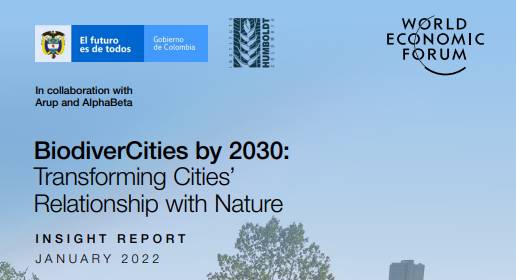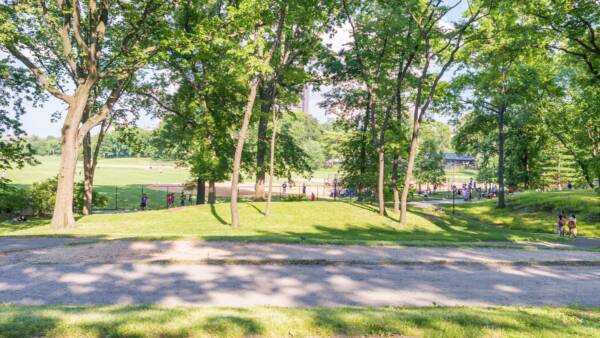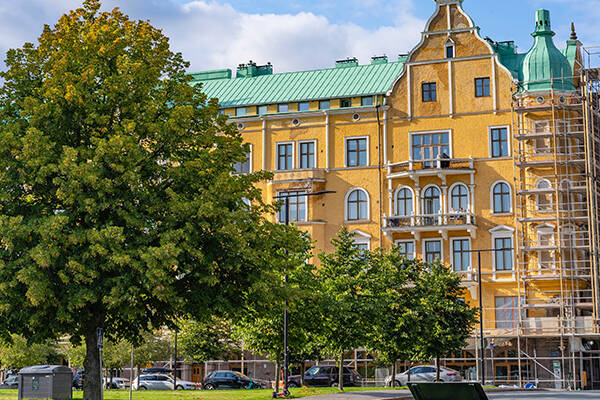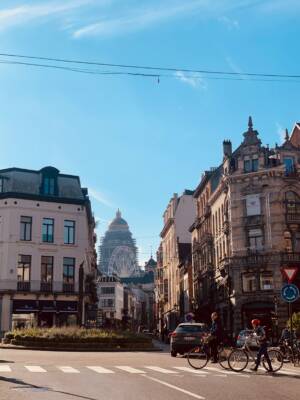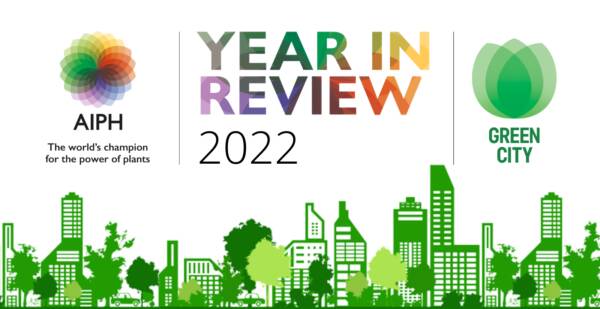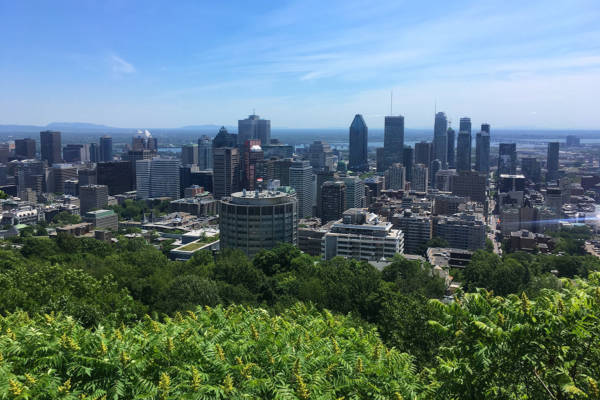The World Economic Forum report on BiodiverCities highlights the pivotal role of integrating nature back into the urban landscape. With nine key messages, the report articulates the necessity for urban leaders to transform their cities’ relationship with nature. The featured case studies highlight the role of diverse plant species selection to create thriving urban spaces.
Green spaces are being established as places where all forms of life can coexist. In the WEF report the Curridabat (Costa Rica) case study spotlights the thriving environment created through high quality urban green spaces. The diverse range of plant species promotes pollinators, and attracts people to visit the urban gardens and parks. This results in fostering leisure and tourism in the area alongside improvements in air and soil quality. Not only is it beneficial for visitors, but the achievements of this project reach beyond the production of fruits and vegetables, extending to the wellbeing of the entire neighbourhood. The local community reported improved wellbeing thanks to the intergenerational and multistakeholder collaboration and activities facilitated by these new spaces.
Plants, especially trees, are being used to support recovery of some urban areas. The restoration of degraded or sub-optimised land is discussed in this report as a ‘crucial component for (re)integrating nature into the built environment’. There are many examples featured in how this can be achieved, for example, connecting urban green spaces, private gardens, and open spaces to provide a more optimal habitat for wildlife. In Treetown (Sierra Leone), trees have been used in a nature-based landslide and flood risk management strategy. This change in approach was prompted after the devastating landslides in 2017. Project ‘Freetown the Treetown’ has targets to plant 21,000 diverse trees, and increase vegetation cover in the area by 50%. This initiative includes forestry training and the creation of a ‘treetracker’ smartphone app to cultivate a sense of community ownership. Further information is available in WEF report page 32.
Learn more: BiodiverCities by 2030: Transforming cities’ relationship with nature | World Economic Forum (weforum.org)

